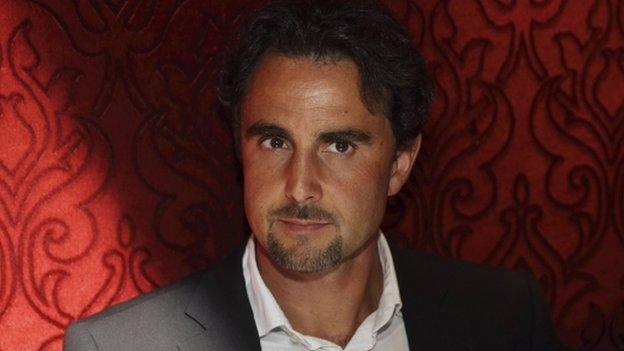Global views on the HSBC tax scandal
- Published
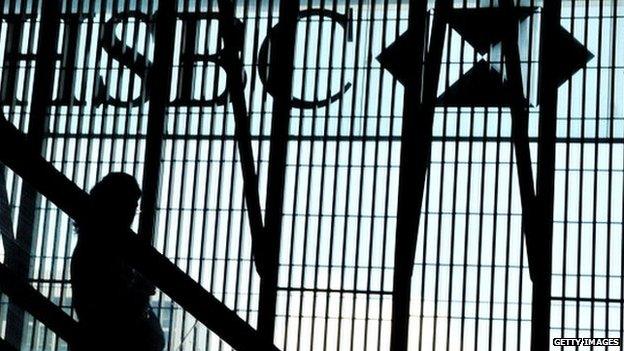
HSBC did not just turn a blind eye to tax evaders, in some cases it broke the law by actively helping its clients avoid paying tax, according to a series of leaked bank account files.
These files amount to one of the biggest banking leaks in history, involving 106,000 clients in 203 countries and assets worth $118bn.
Although tax authorities have had access to the leaked files since 2010, it is only now that the behaviour of HSBC's Swiss private bank has been made public.
HSBC's files on its Swiss banking operation were obtained thanks to the international collaboration of the BBC, the Washington-based International Consortium of Investigative Journalists (ICIJ), the Guardian and Le Monde newspapers, as well as almost 50 news outlets globally.
This is how the story has been covered around the world:
ICIJ, United States
When the International Consortium of Investigative Journalists and its media partners contacted HSBC for comment, the bank at first insisted that ICIJ destroy the data.
However, in January, after being informed of the full extent of the reporting team's findings, HSBC gave a final response that was more conciliatory, external, says the ICIJ.
"In the past, the Swiss private banking industry operated very differently to the way it does today," said the bank.
"In some cases individuals took advantage of bank secrecy to hold undeclared accounts," it said, adding "we have taken significant steps over the past several years to implement reforms."
In addition to the statement, HSBC repeated that "we do not comment on specific clients, even to confirm whether or not they are or ever were clients."
HSBC's Swiss accounts in numbers
106,000
clients with Swiss bank accounts
203
countries involved
-
$118bn total assets held in Swiss accounts
-
11,235 clients from Switzerland held $31.2bn
-
9,187 clients from France held $12.5bn
-
7,000 clients from UK held $21.7bn
The Guardian, UK
While Swiss banks are often mentioned in crime thrillers, external, as "shady havens for James Bond types, super-villains and African dictators," said the Guardian, outside fictional accounts it "has been virtually impossible until now to get at the reality".
Under its headline "why the public should know of Swiss bank's pattern of misconduct" the newspaper points out that not all holders of such bank accounts had broken any tax law.
But it says "evidence exists that some may have been smuggling drugs, handling bribes, committing fraud, helping to finance terrorists, or looting their own countries". In those cases, says the Guardian, the public has a right to know.
In one case, an HSBC memo shows how the bank was apparently prepared to aid Emmanuel Shallop - later convicted of dealing in illegal "blood diamonds".
"We have opened a company account for him based in Dubai," runs the quote from the leaked memo.
"The client is currently being very careful because he is under pressure from the Belgian tax authorities who are investigating his activities in the field of diamond tax evasion."
Le Monde, France
For France's Le Monde, it is the sheer variety of those named as holding accounts with HSBC's private Swiss bank that has been one of the most striking features.
"Arms traffickers and drug smugglers, funders of terrorist organisations, politicians, celebrities, sporting idols and captains of industry," most of them, says Le Monde, "keen to hide their money in Switzerland." This was something which was "perfectly illegal" for French clients and for many others to do. , external
On the list, says the newspaper, French surgeons rub shoulders with Belgian diamond traders and Al-Qaeda funders - along with many Jewish families who sent their assets to Switzerland for safekeeping as the Nazis took control of Europe during World War Two.
Le Monde said HSBC's private bank encouraged many account holders to hide their money offshore generally "in Panama or the British Virgin Islands", in order to avoid initiatives such as the EU Savings Directive, which was introduced in 2005 to counter cross-border tax evasion.
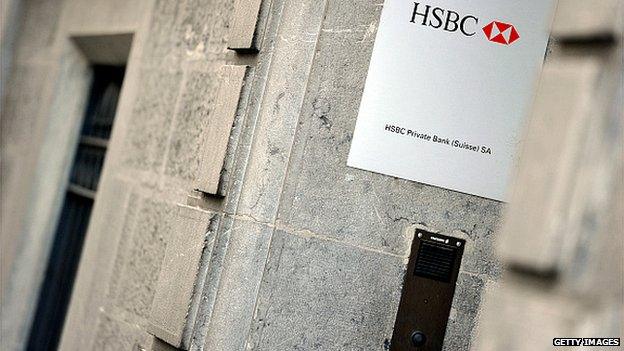
HSBC says it has now taken 'significant steps' to implement reforms
The Indian Express, India
For the Indian Express, it is the big increase in the number of known Indian HSBC account holders which is key. The number has now roughly doubled to 1,195, says the paper, up from the initial 628 names the French authorities gave to Delhi in 2011.
This new revelation is expected to significantly widen the scale and scope of the current investigation by Indian authorities, says the paper. Those mentioned include prominent businessmen, diamond traders as well as politicians.
There are "276 account holders with at least $1m in their balance of whom 85 are residing in the country" says the newspaper.
Politicians have been queuing up to respond. Anti-corruption campaigner and Aam Aadmi party leader Arvind Kejriwal called upon India's Bharatiya Janata Party (BJP) government to act, external against key HSBC personnel.
"Why doesn't BJP government act against HSBC officials? They will spill the beans. US did precisely that," he tweeted.
Meanwhile the BJP's leader Kiran Bedi tweeted that the disclosures were evidence of where India's "national wealth, meant for infrastructure and nation-building" had gone.
She called for exemplary punishment for those involved in the "scam".
El Confidencial, Spain
In Spain some 4,000 people with links to Spain are on the HSBC client list. While the majority of cases relate to funds that were opaque or hidden from the Spanish Treasury, not all of the cases relate to tax evasion, says the online newspaper - many on the list live in Switzerland.
More than half on the list are men, but the most common profession listed on bank details is "housewife" - a term that is also used with unusual frequency on other countries' lists and which is not only used to describe married women, but also businesswomen, architects and even princesses.
High-profile figures on the list include the now-deceased former head of Santander, Emilio Botin - whose family have had to pay 200m euros ($226m; £148m) to the Spanish government.
Ekho Moskvy, Russia
In Russia, Magomed Vakhayev, the first deputy chair of the committee for security and fight against corruption of the State Duma, which is the lower house of the Russian parliament, has called for checks into the origin of the HSBC accounts allegedly belonging to Russian officials.
"Of course, I think that if such facts exist they will be investigated [by anti-corruption committee]," he told Gazprom-owned Ekho Moskvy radio.
"It is important because they did not earn the money abroad. They clearly had the intention to keep the money in foreign banks rather than invest them in our companies and organizations," he said.
- Published10 February 2015
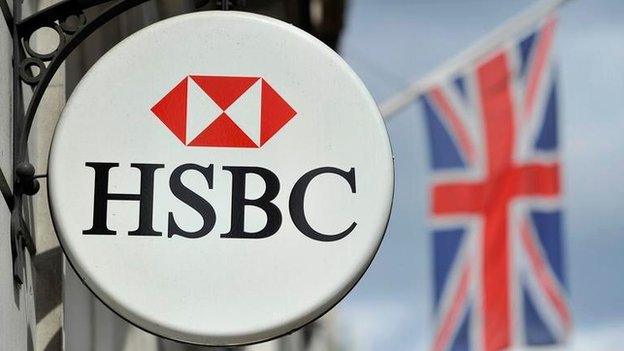
- Published9 February 2015
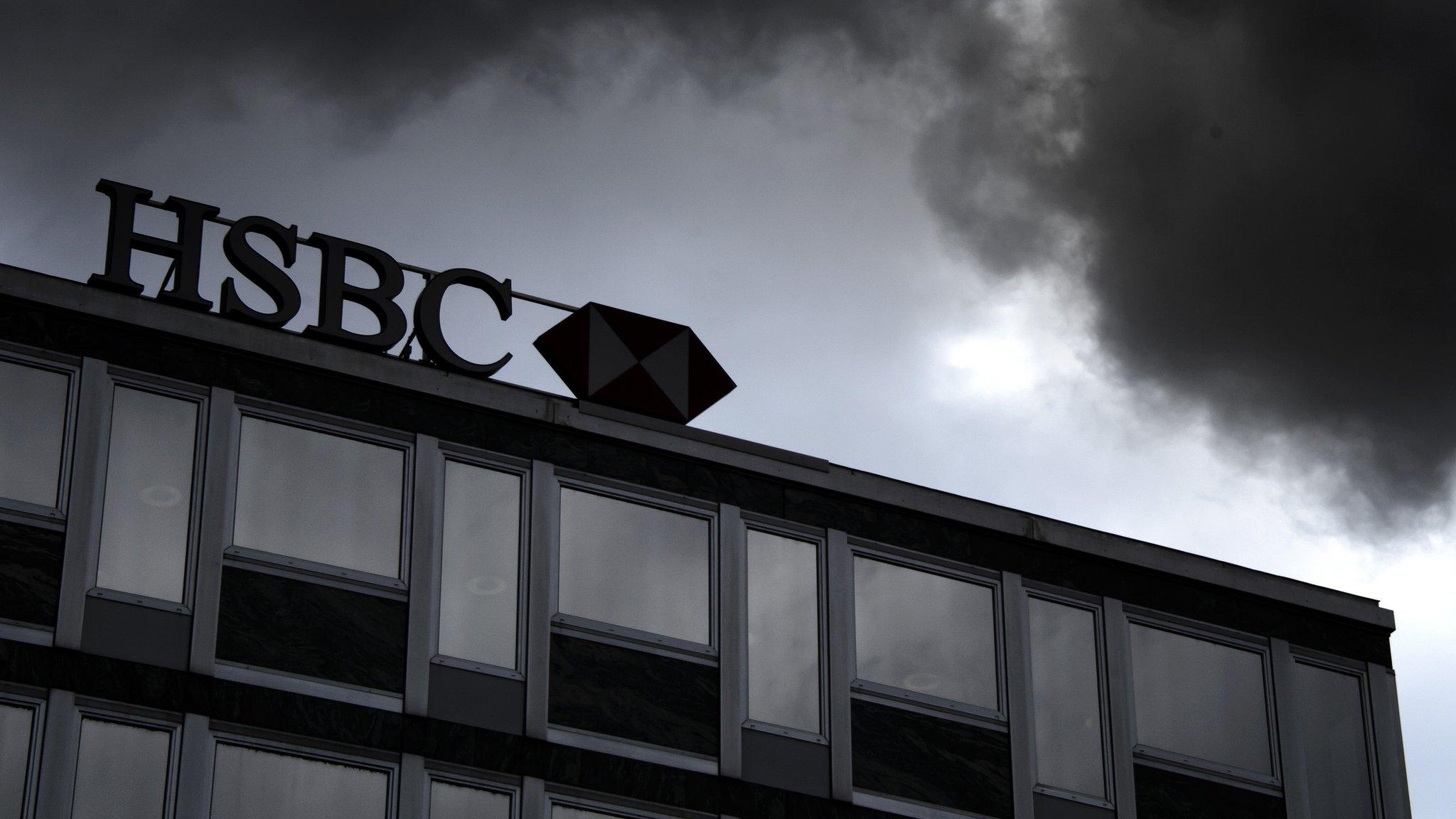
- Published9 February 2015
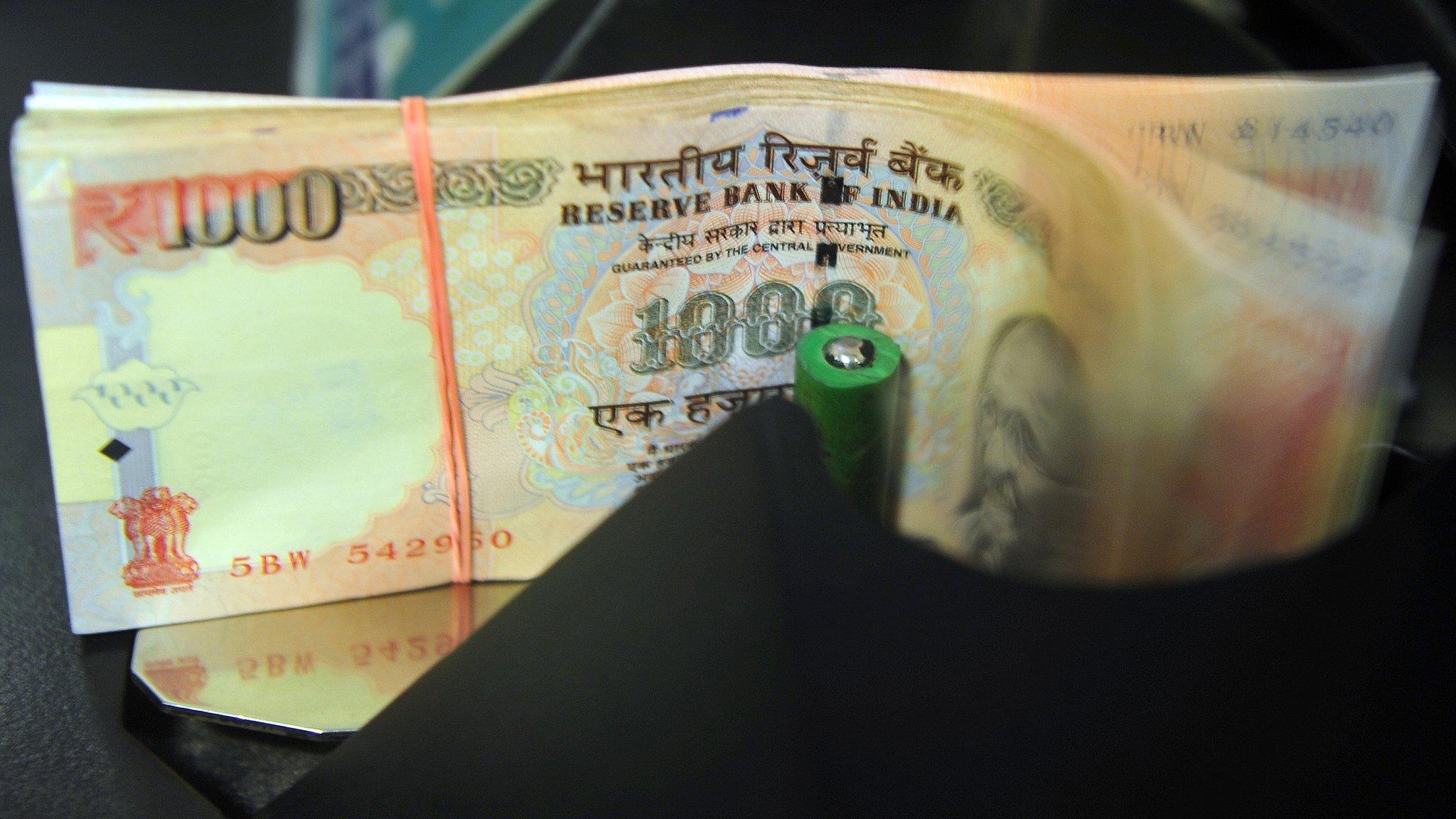
- Published9 February 2015
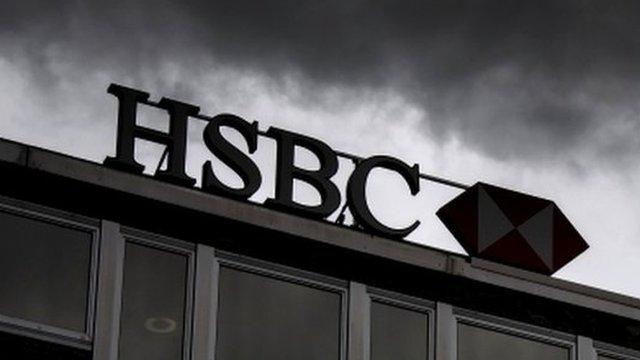
- Published9 February 2015
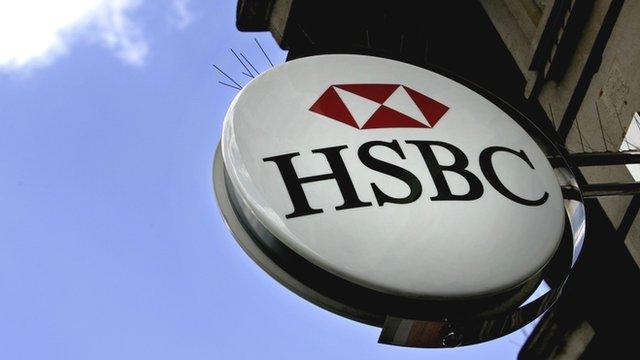
- Published9 February 2015

- Published9 February 2015
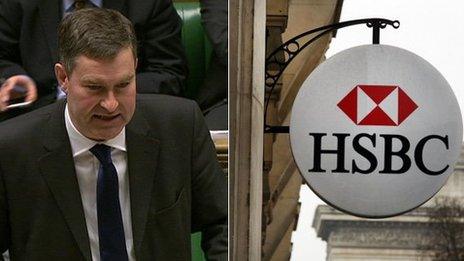
- Published9 February 2015
